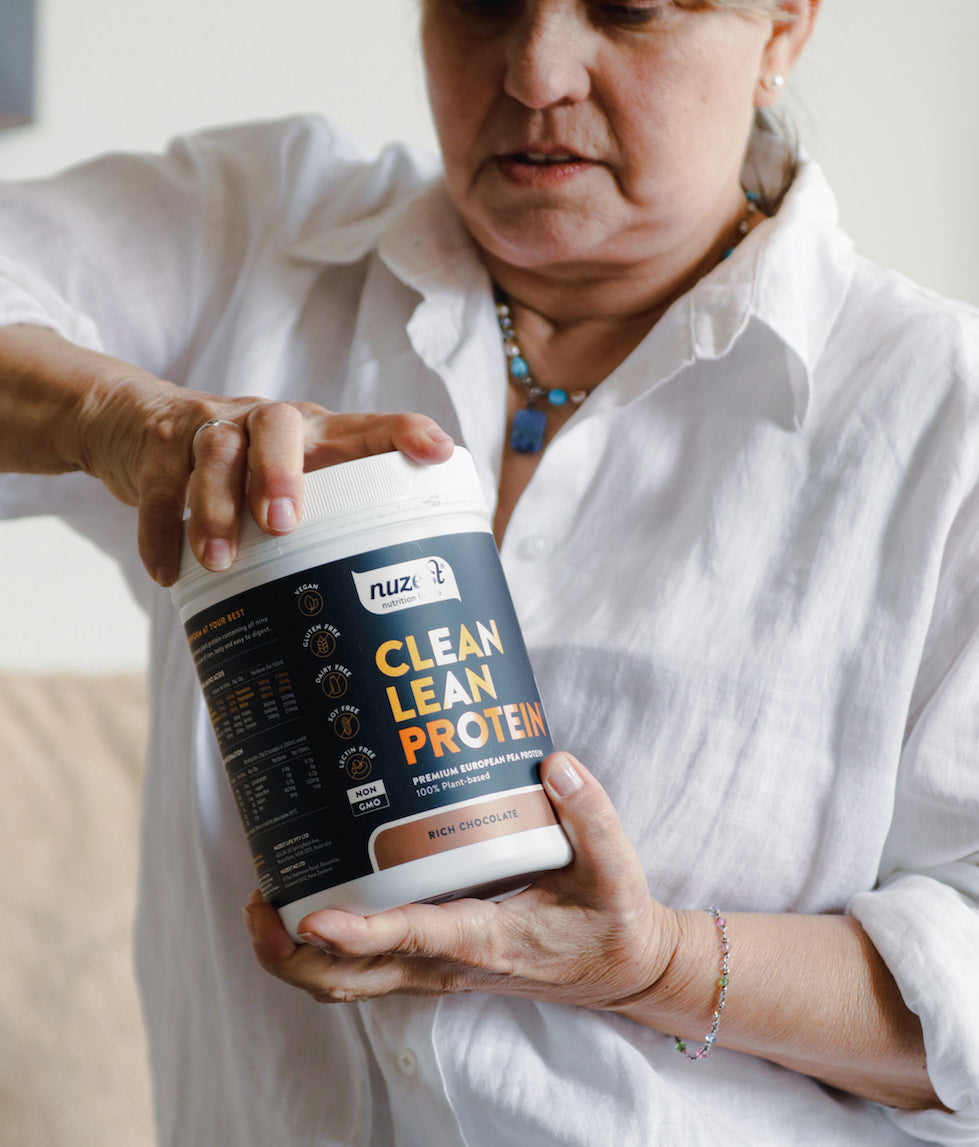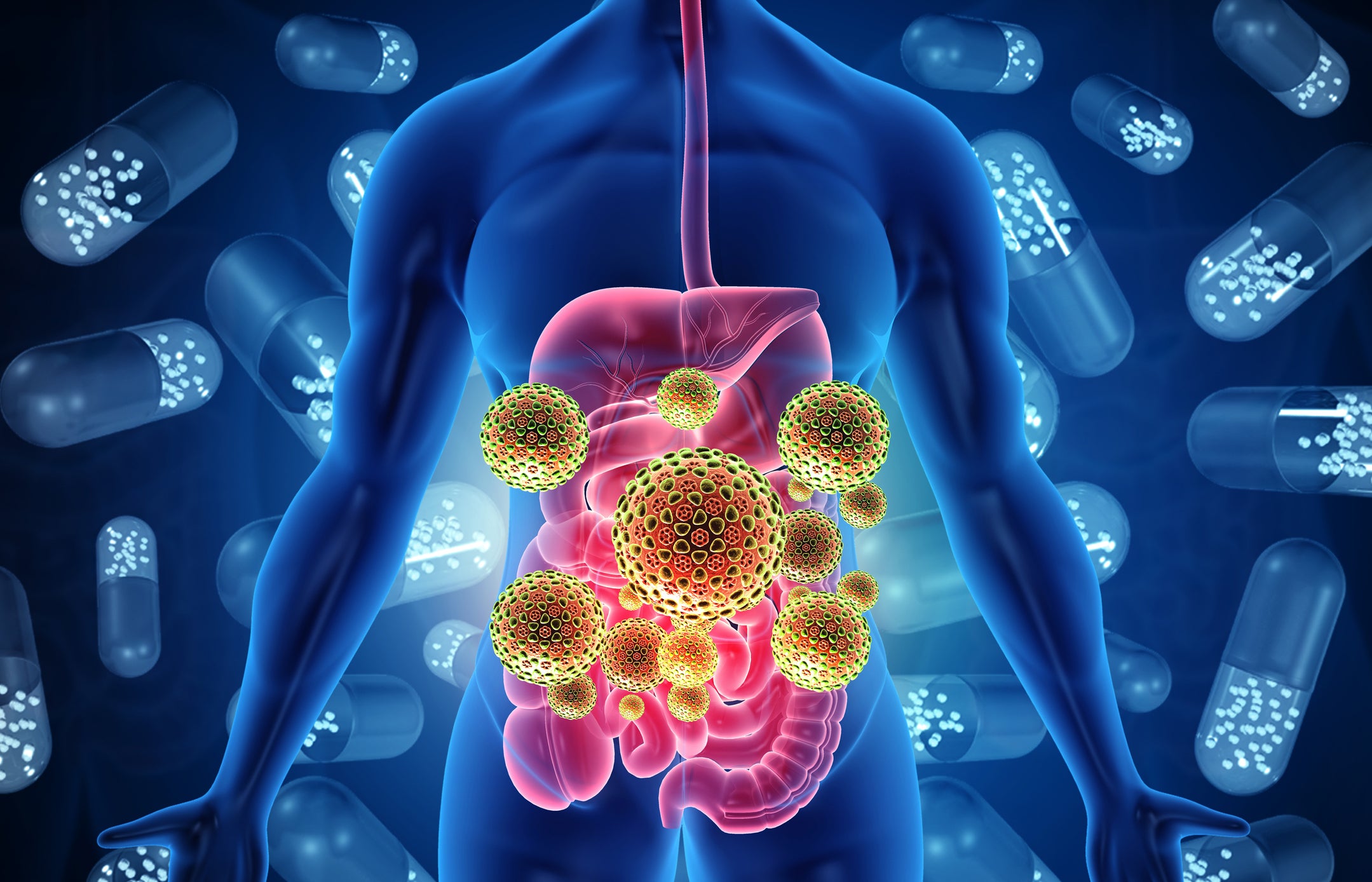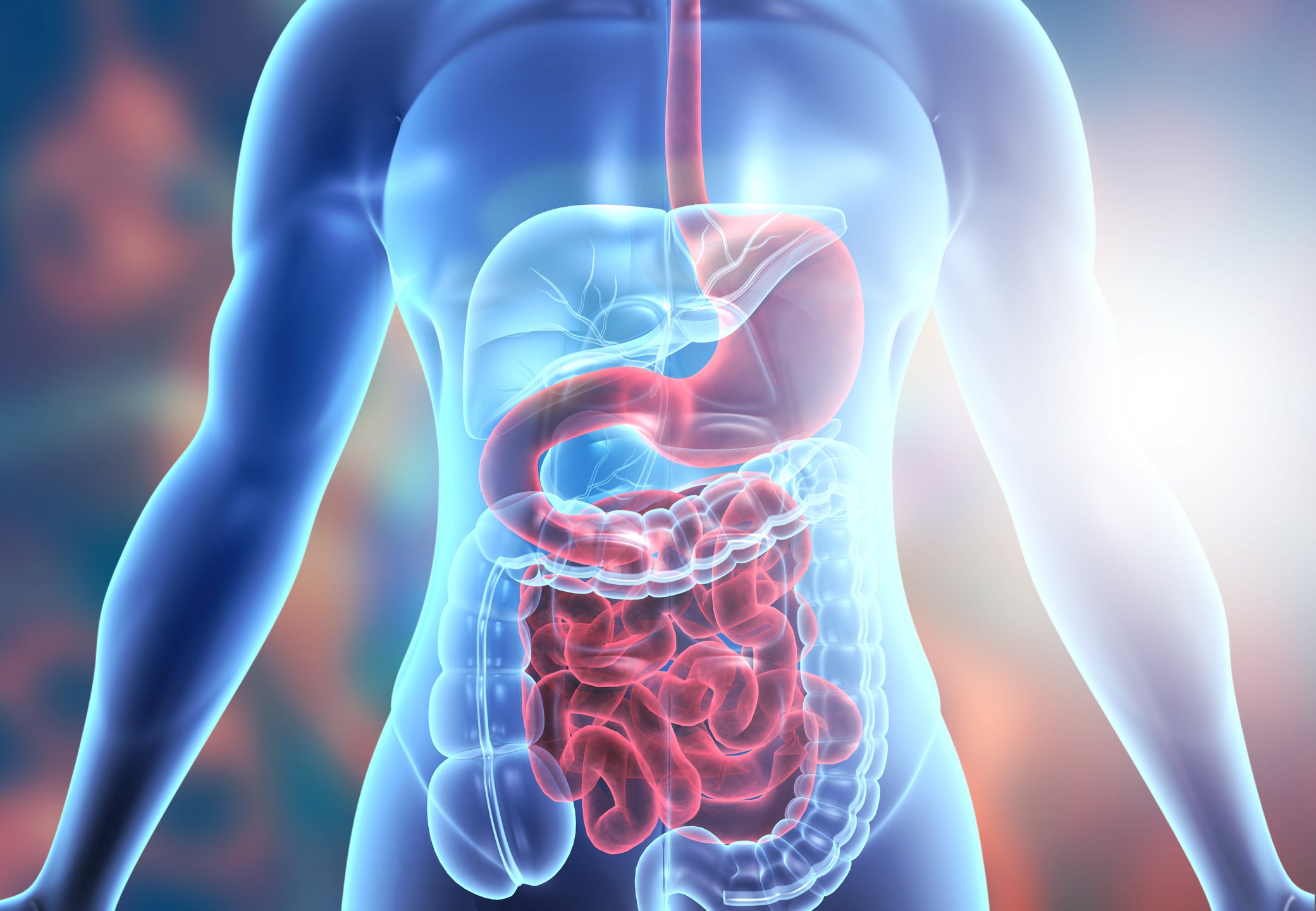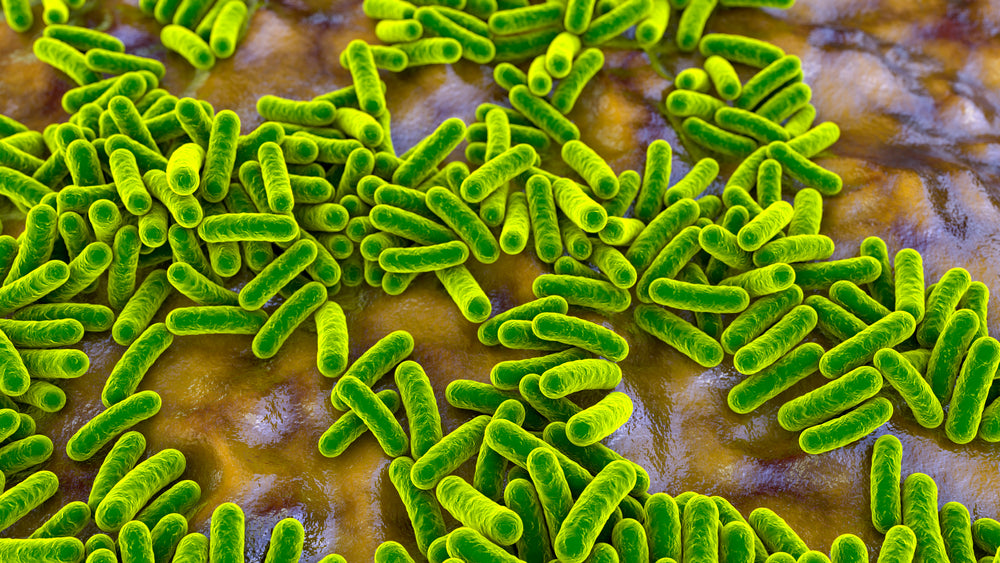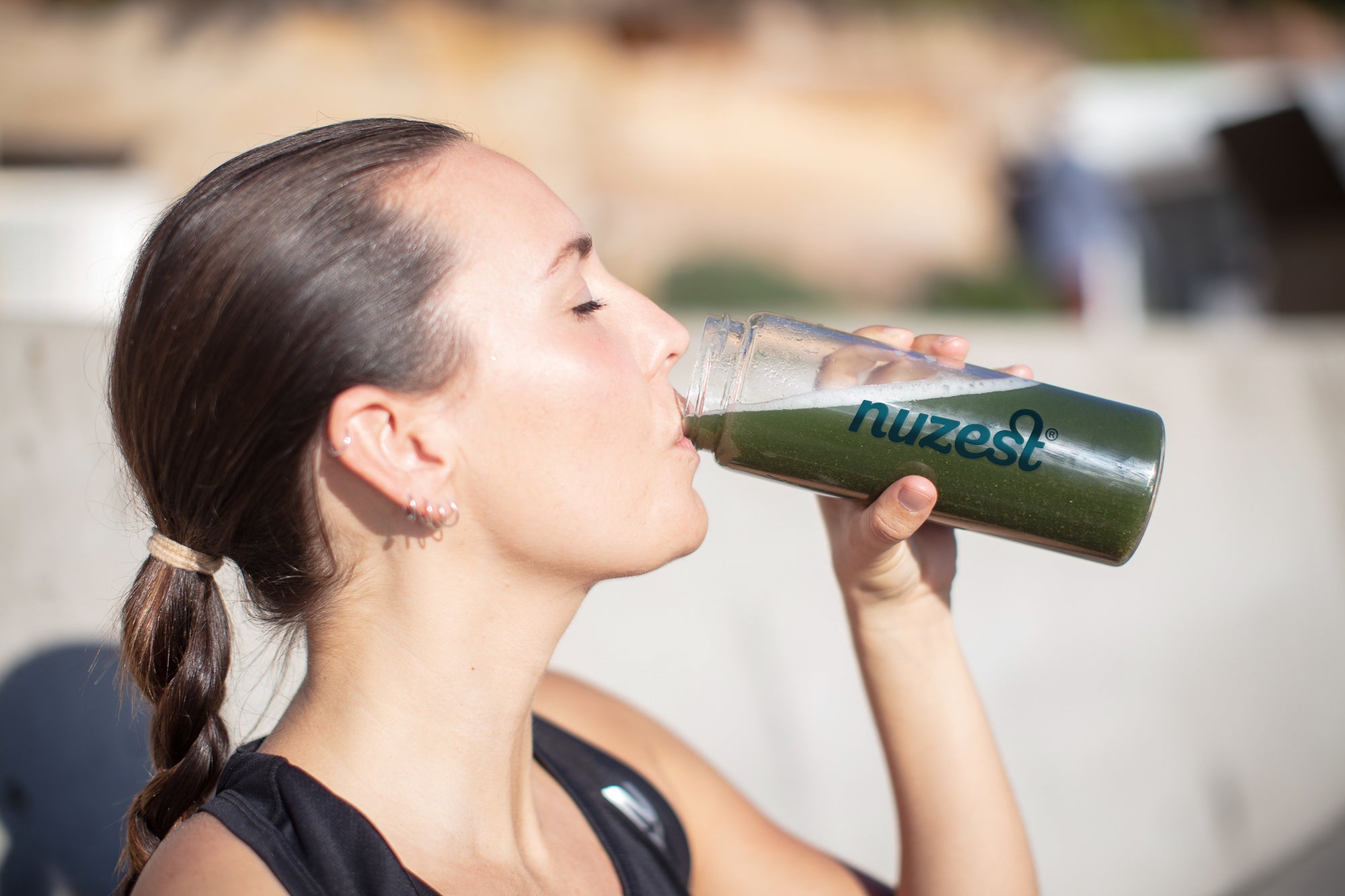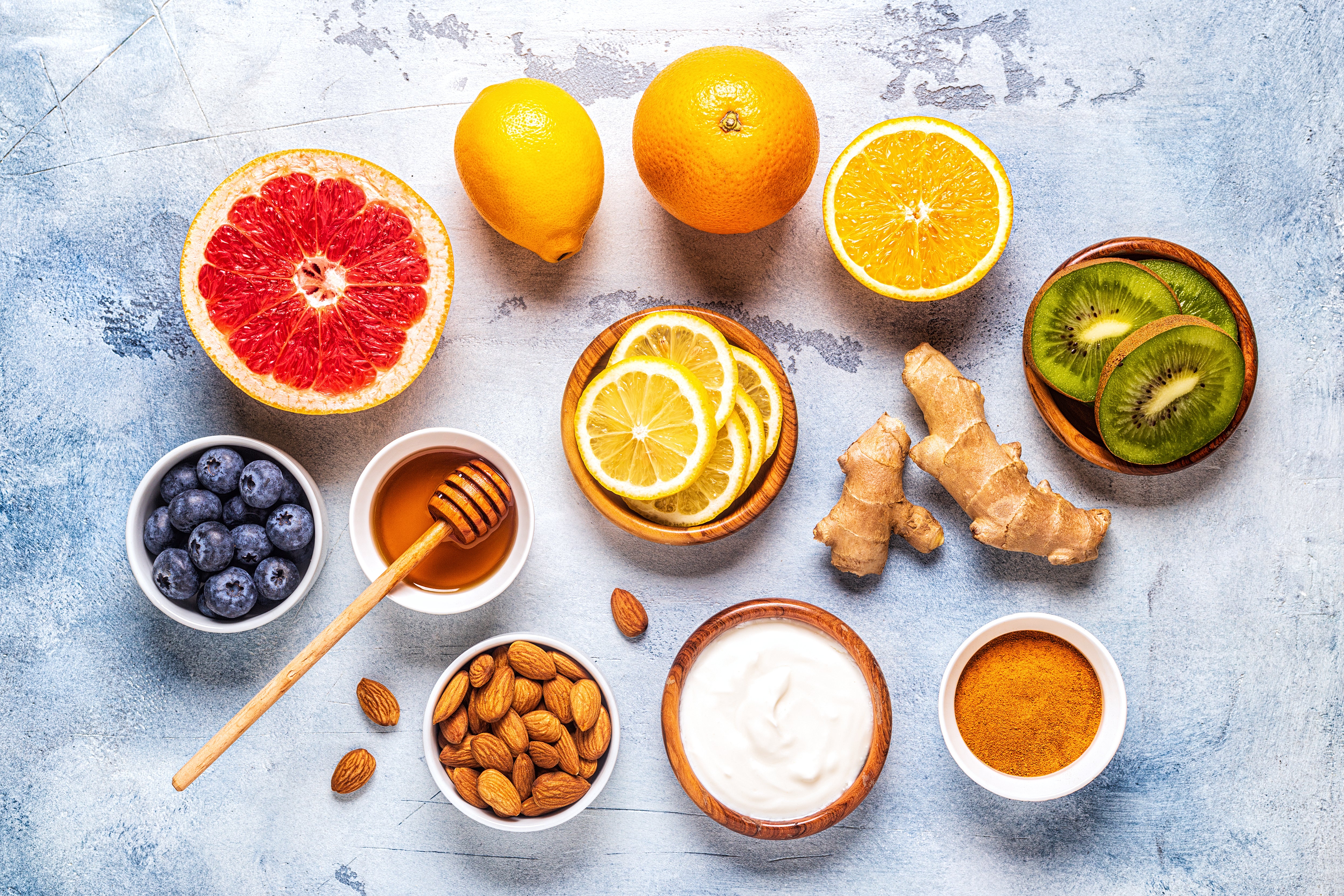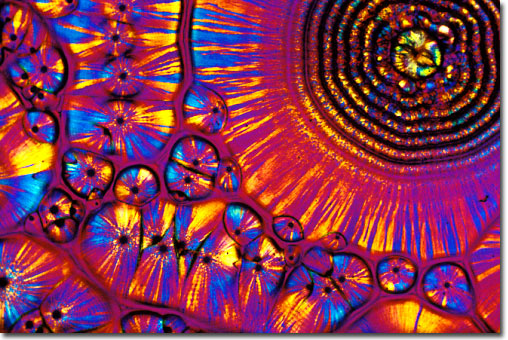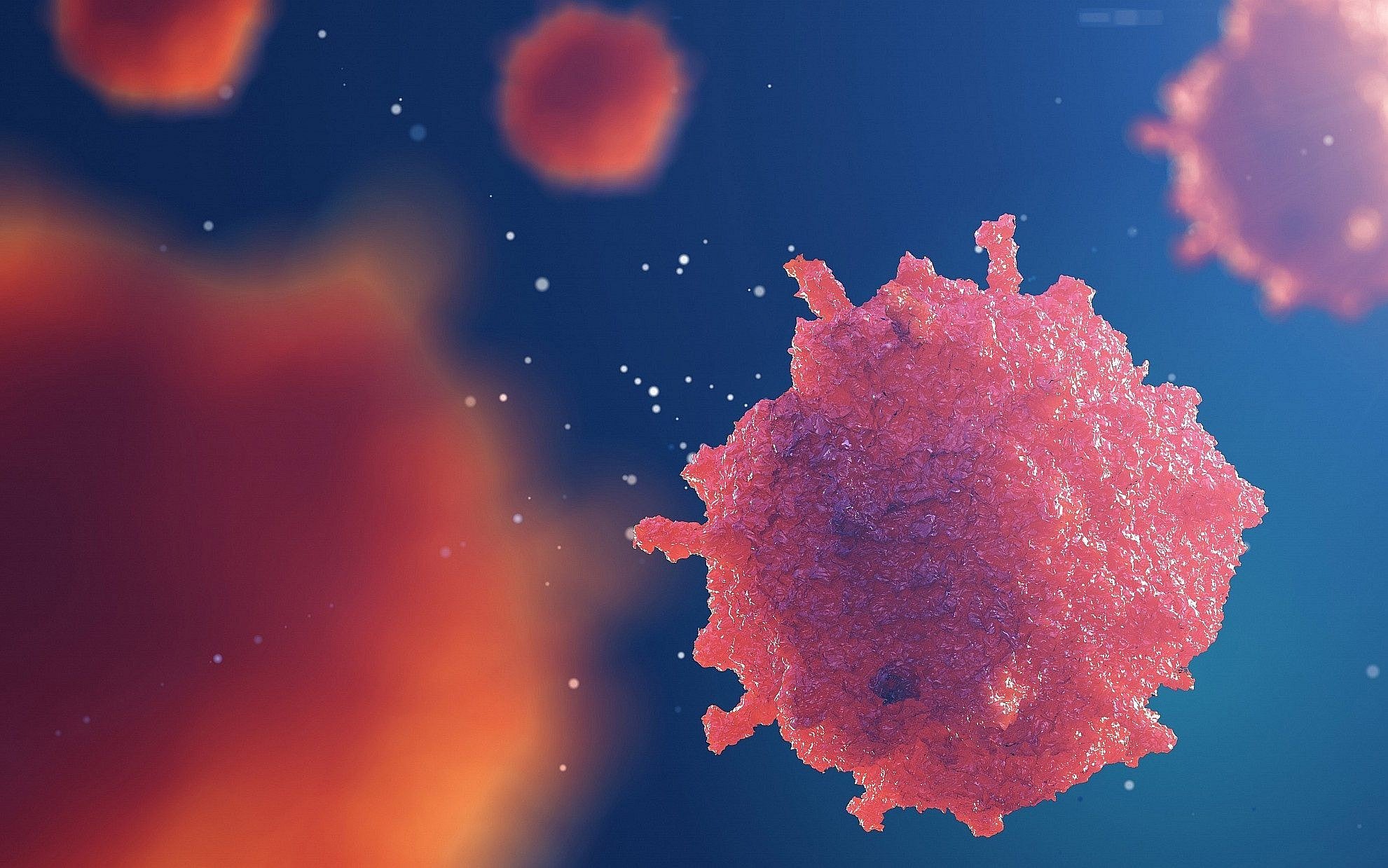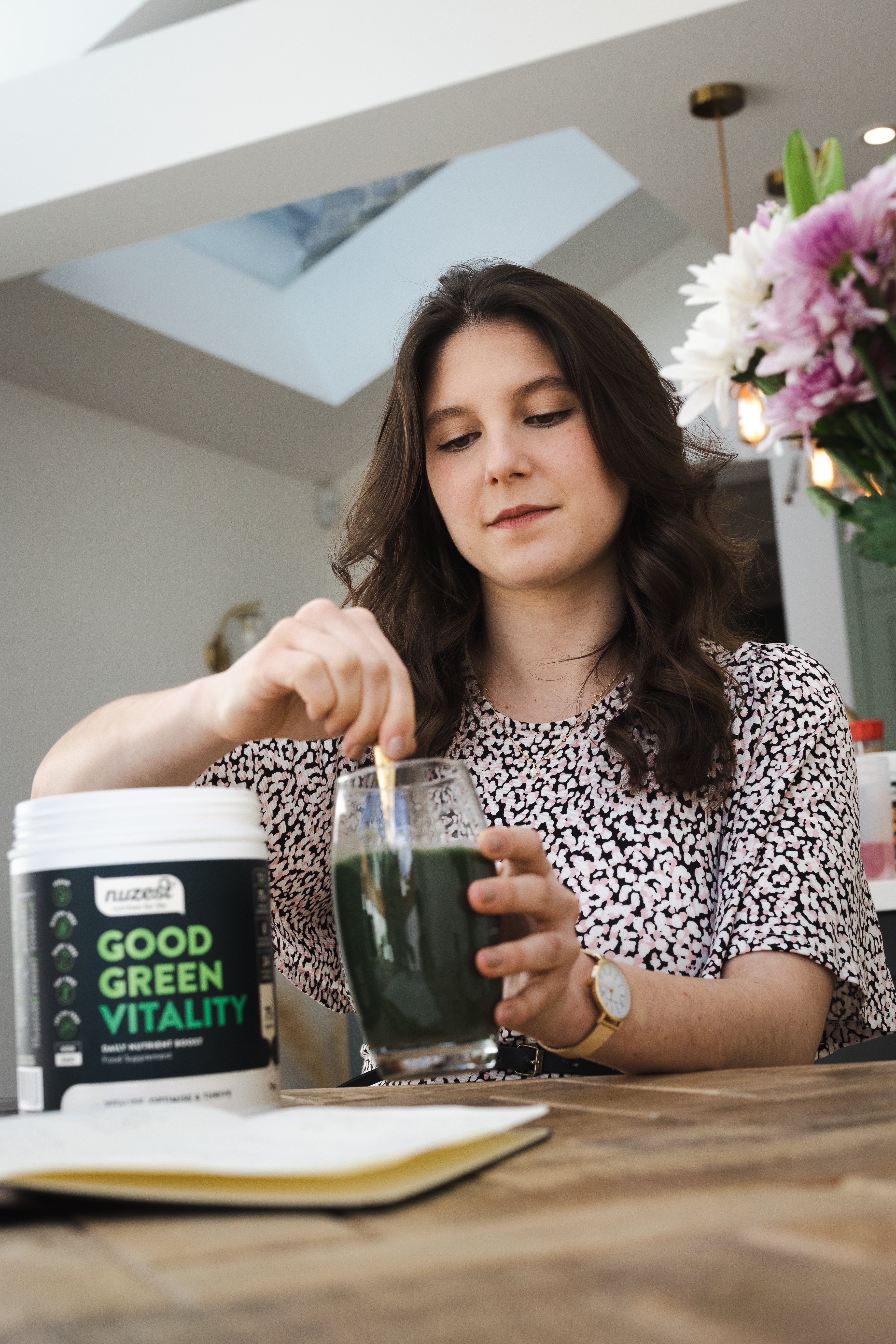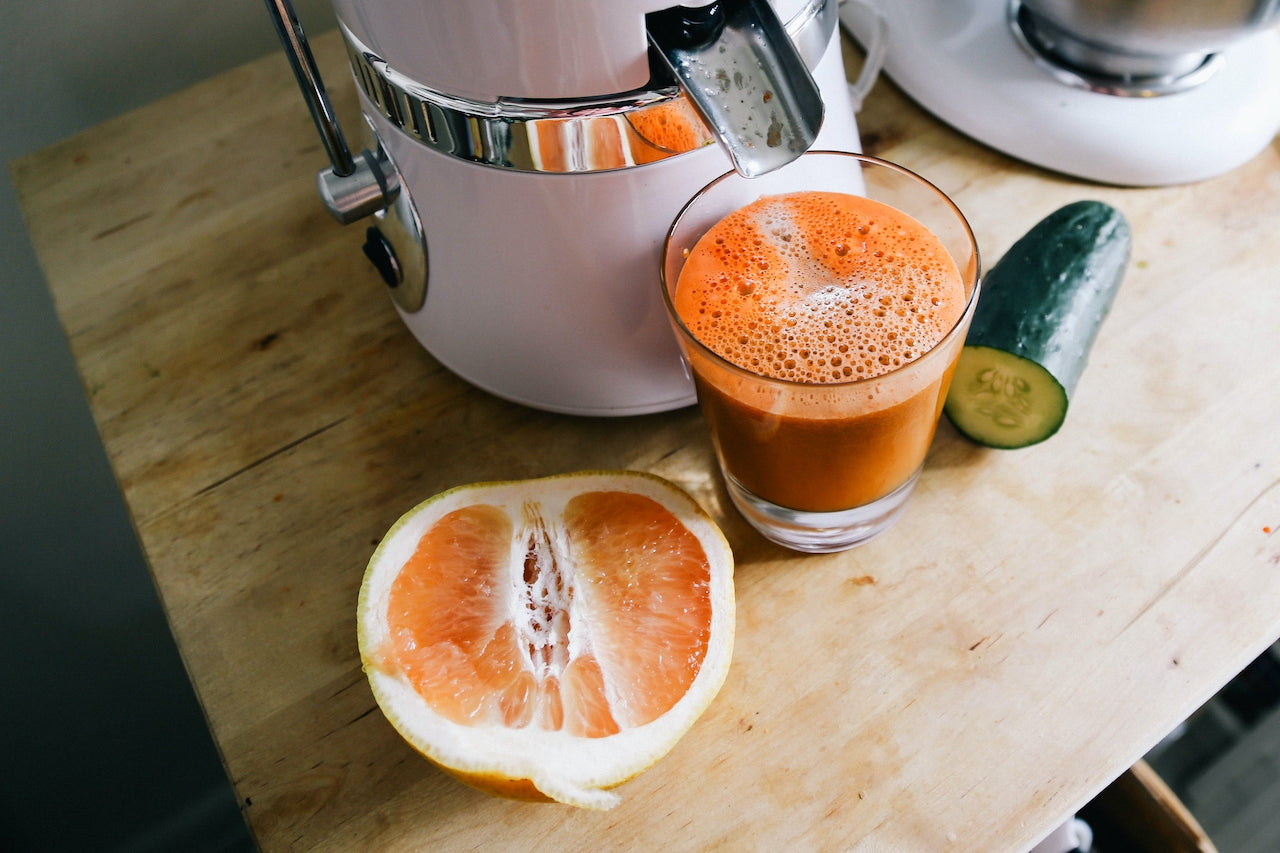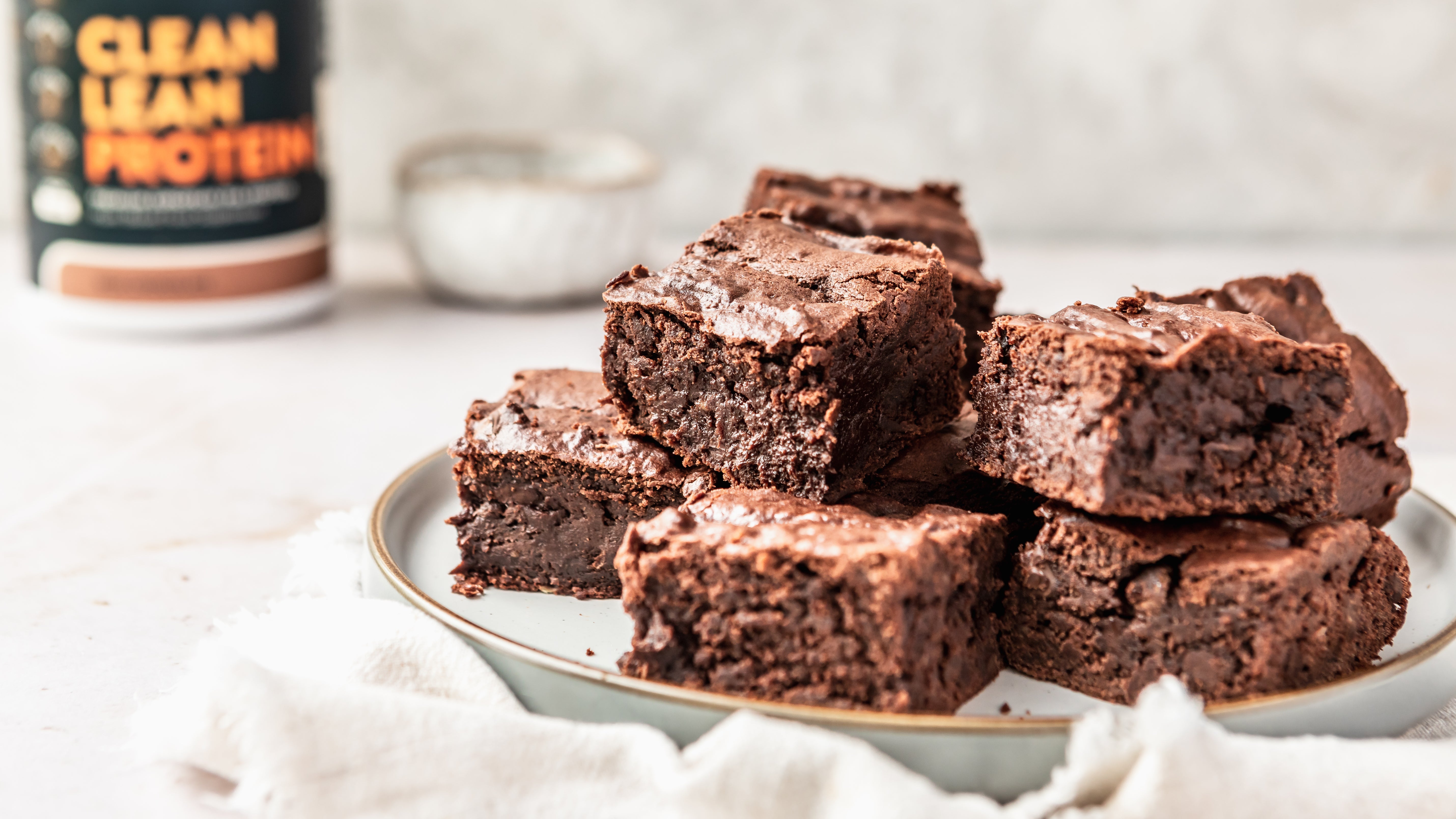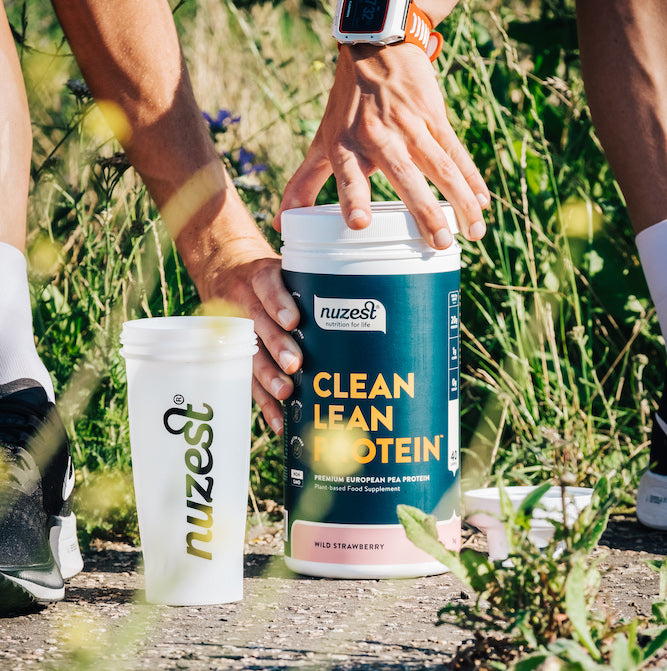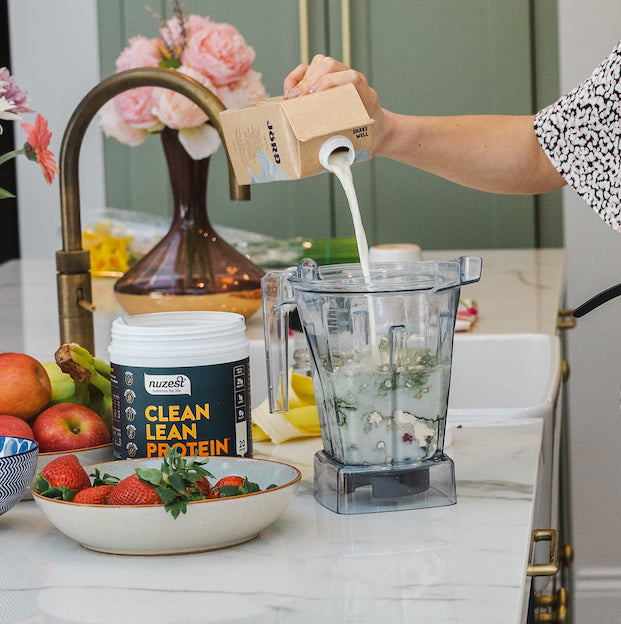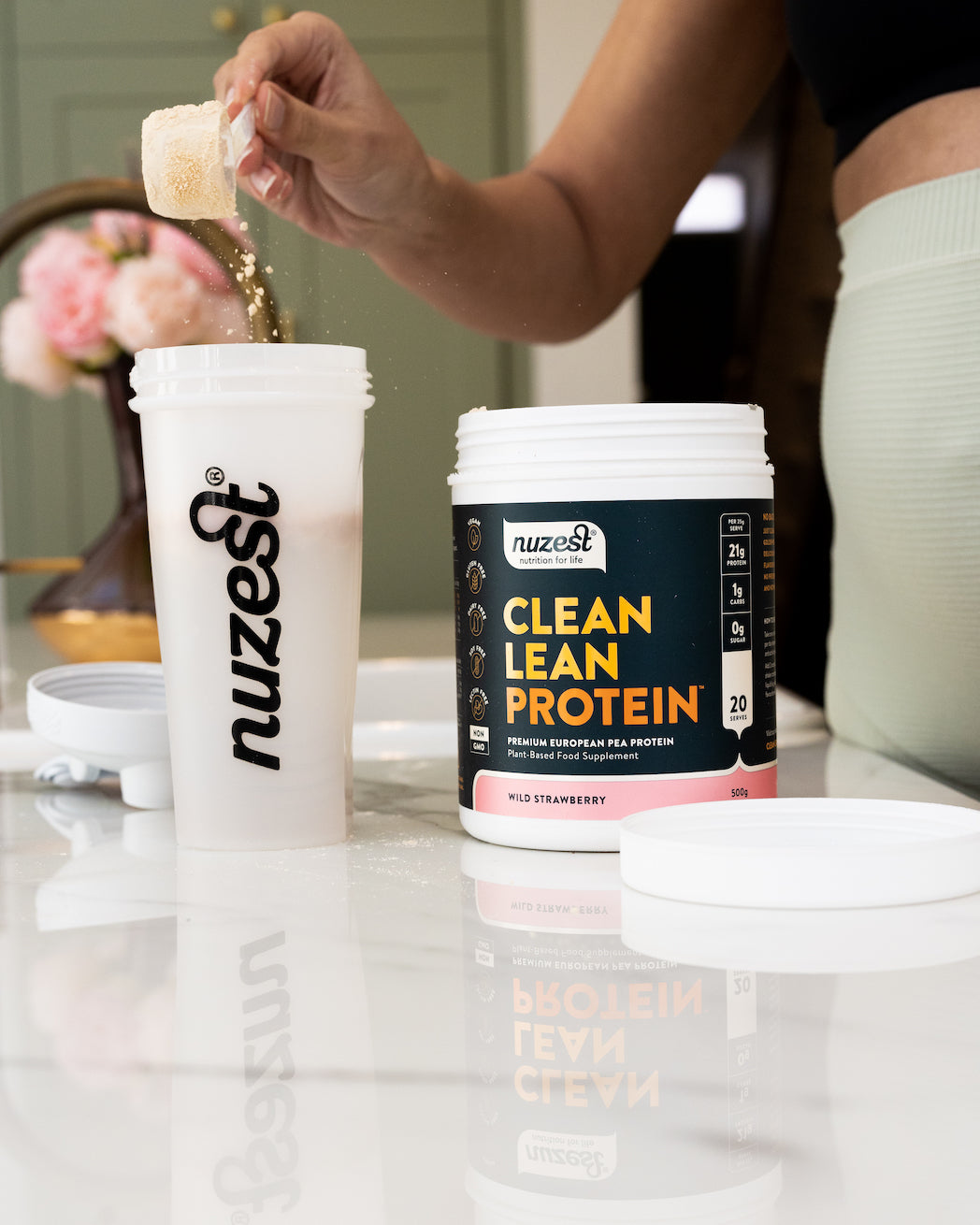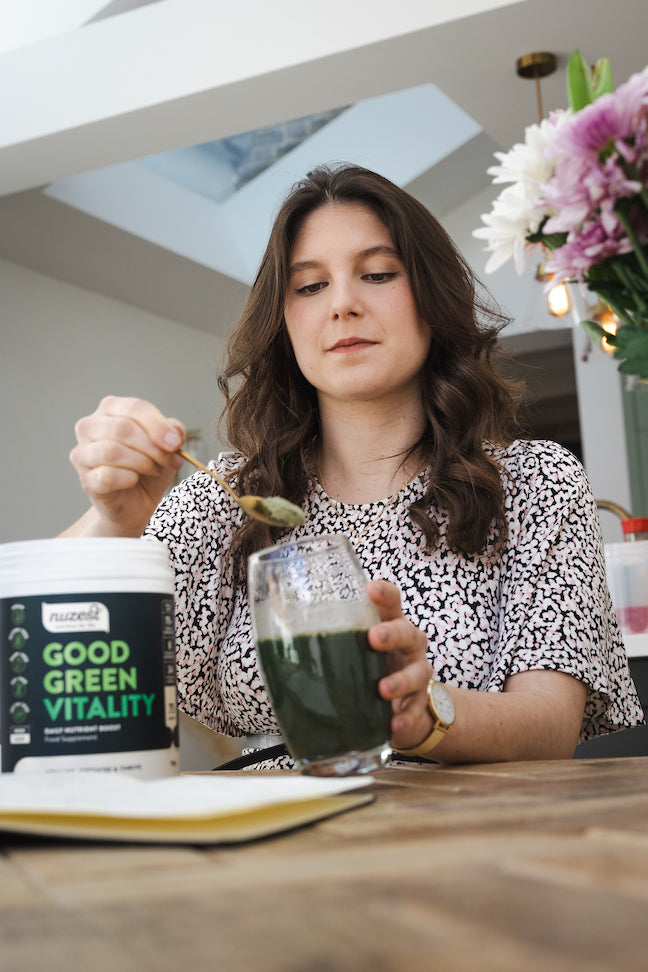Author: Anna Gundry
Physical deterioration and loss of muscle mass are the body’s main natural response to ageing. Studies show that, during their lifetime, the average man is estimated to lose 30% of their muscle mass as the body grows older.1
Muscle loss and sarcopenia
Age-related muscle loss, also called sarcopenia, will contribute to greater weakness and reduced mobility as well as increase the risk of falls and fractures.2 The American Society for Bone and Mineral Research found that people with sarcopenia are more prone to fractures from a fall. In addition, the prevalence of sarcopenia was more common in those with sub-optimal dietary protein intake and with low physical activity.3
Preventing ageing with a healthy diet
Maintaining a healthy diet is one of the main ways to support healthy ageing and reduce physical deterioration. Together with regular exercise, a nutrient-dense diet may reduce inflammation and oxidative stress and provide the body with the best outlook for physical and cognitive health down the track.4
Certain foods and nutrients are of particular benefit for good health, energy production and muscle growth. In particular, consuming high-quality protein provides the body with a steady source of energy and preserves muscle mass.5
Why is protein important for physical deterioration?
Sufficient protein intake is essential to maintain muscle mass and strength, both of which are vital for mobility and preventing injuries. Protein requirements increase as you age due to a decline in skeletal muscle. In addition, this decline may be worsened by poor diet or inactivity.6
Approximately 10-25% of older adults consume less protein than the Recommended Dietary Allowance (RDA) and 5-9% of older adults consume less than the Estimated Average Requirement (EAR) of 0.66g/kg/day.7
Protein is also suggested to reduce bone density loss by increasing calcium absorption in the body and therefore minimising the risk of osteoporosis.8
How to increase your daily protein intake
It may be difficult for some to receive their daily protein intake from food sources only. Clean Lean Protein is an ideal addition to the diets of older adults looking to supplement their protein intake and to ensure their body’s nutritional needs are met.
One 25g serve of Clean Lean Protein provides 18-21g of highly available protein, and is easy for the body to digest and utilise. It contains all nine essential amino acids which play an important role in maintaining muscle mass. Particularly, leucine has been suggested to increase protein synthesis and therefore minimise symptoms of age-related physical deterioration.9
Prevention is key when it comes to decreasing the risk of chronic disease and physical deterioration. Fortunately, functional capacity and independence later in life can be achieved by maintaining a healthy lifestyle and meeting daily nutritional requirements.
References
-
Preserve your muscle mass. (2016, February 19). Harvard.Edu. https://www.health.harvard.edu/staying-healthy/preserve-your-muscle-mass.
-
Paddon Jones D, Campbell WW, Jacques PF, Krichevsky SB, Moore LL, Rodriguez NR, et al. (2015). Protein and Healthy Aging. American J Clin Nutr, 6(101), 13395–13455.
-
Trajanoska, K., Schoufour, J. D., Darweesh, S. K. L., Benz, E., Medina-Gomez, C., Alferink, L. J. M., Lahousse, L., Brusselle, G., Stricker, B., Darwish Murad, S., Zillikens, M. C., Uitterlinden, A. G., Ikram, M. A., Franco, O. H., & Rivadeneira, F. (2018). Sarcopenia and its clinical correlates in the general population: The Rotterdam study: Prevalence of sarcopenia in the general population. Journal of Bone and Mineral Research: The Official Journal of the American Society for Bone and Mineral Research, 33(7), 1209–1218.
-
Wellness and healthy ageing. (n.d.). Metagenics Institute. Retrieved August 5, 2021, from metagenicsinstitute.com.au.
-
Your guide to energy. (n.d.). Metagenics Institute. Retrieved August 5, 2021, from metagenicsinstitute.com.au.
-
B Franzke, O Neubauer, D Cameron-Smith, K Wagner. Dietary Protein, Muscle and Physical Function in the Very Old. Nutrients. 2018 Jul 20;10(7):935.
-
Glenn, J. M., Madero, E. N., & Bott, N. T. (2019). Dietary protein and amino acid intake: Links to the maintenance of cognitive health. Nutrients, 11(6), 1315.
-
Mangano, K. M., Sahni, S., & Kerstetter, J. E. (2014). Dietary protein is beneficial to bone health under conditions of adequate calcium intake: an update on clinical research: An update on clinical research. Current Opinion in Clinical Nutrition and Metabolic Care, 17(1), 69–74.
-
Fujita, S., & Volpi, E. (2006). Amino acids and muscle loss with aging. The Journal of Nutrition, 136(1 Suppl), 277S-80S.
